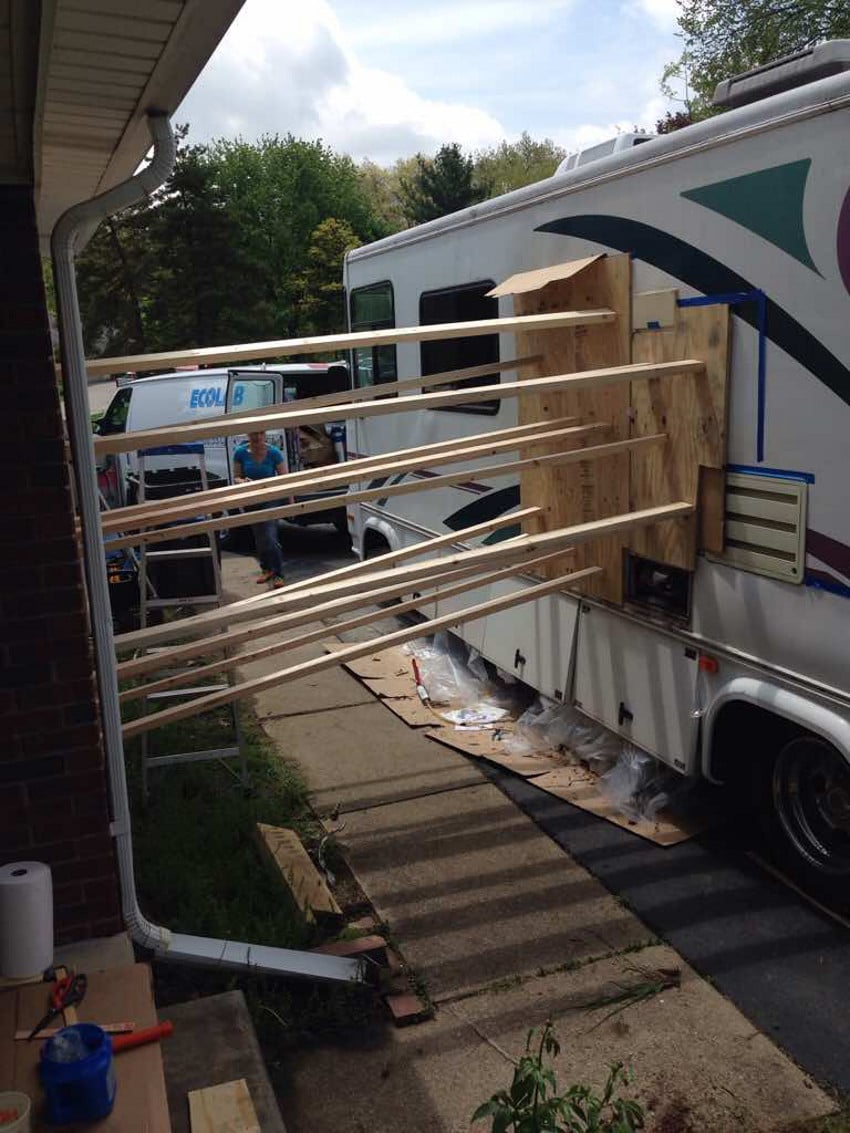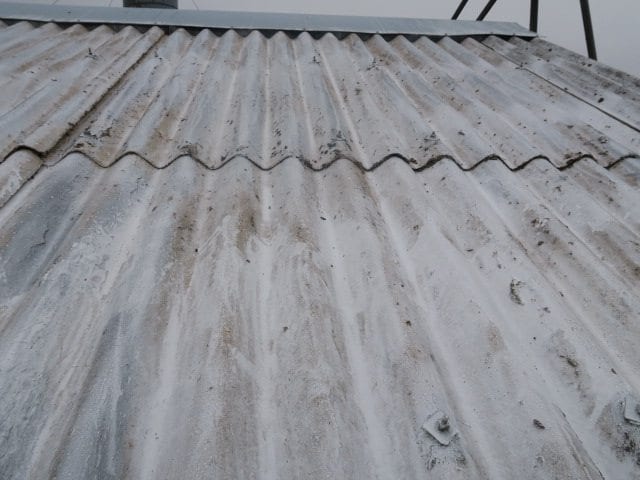Grp Roof Delamination
2004 was designated ext f ab no limitations on use.
Grp roof delamination. Traditional wet laid grp roofs where liquid resin is applied directly to a timber substrate before having the glass reinforcement incorporated insitu can provide extremely tough reliable and durable roofs that will outlast any thermoplastic or elastomeric membrane. 3 torch on roof repair or grp fibreglass finish. Finally roofs on special purpose buildings that generate significant levels of humidity such as freezer facilities or indoor swimming pools are inherently prone to delamination. Resistance to wind uplift the cure it grp roofing system is fully bonded to the roof substrate.
This can be caused by a wide range of problems including applying the materials on roof decking not specified for use with the system ie plywood or chipboard instead of osb3 damp roof deck at the time of lamination or incorrect catalyst ratios. Delamination is the separation of layers of fiberglass cloth and resin from each other or from the core sandwiched between the layers. The roof was boarded in exterior ply and this got wet prior to the fibreglass being applied although the contractor dried it off with a blow torch type device. The best fix in most situations is to simply replace the delaminated material with new membrane.
If a flexible grp roofing system like fibrelast was used. A flat roofing system comprising of a cure it grp laminate with cure it topcoat when tested to bs 476 3. F aa rating is available with the exposed aggregate finish. This ruptures the surface skin and allows water to enter the laminate and migrate into the core.
Fibreglass roof delamination repair or replacement. The cause of delamination is usually physical stress to the fiberglass surface.













































